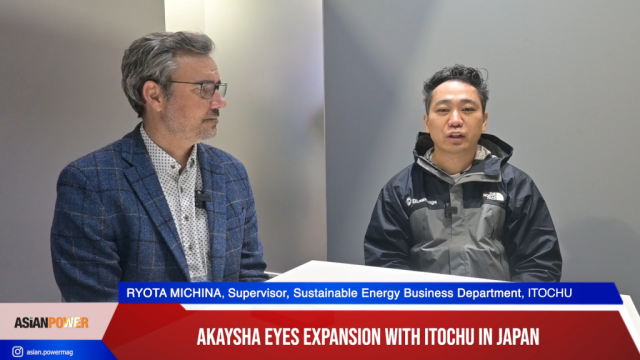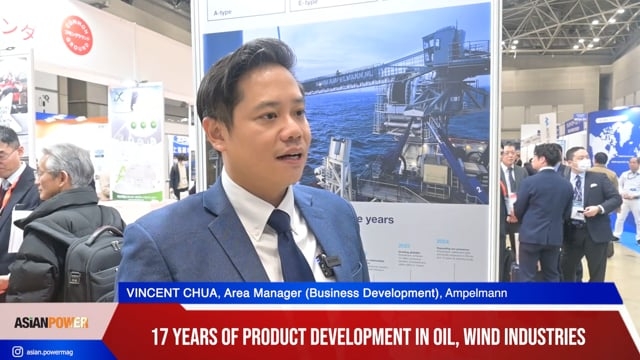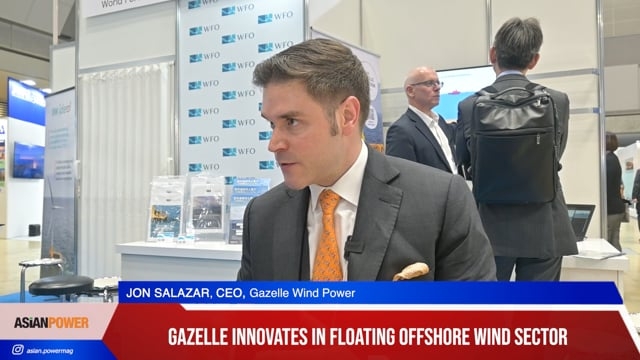Mines already producing at risk from India's SC judgment on coal allocation
Metal and power companies are impacted.
The Supreme Court of India on 25 August ruled that coal allocations made under the “screening committee and government dispensation route” since 1993 are illegal and arbitrary.
According to a research note from Nomura, a de-allocation has not been ordered yet and further hearing is scheduled on 1st Sep 2014.
UMPPs (ultra mega power projects) have been kept out as competitive bidding was followed in their case. Further, as the 218 coal blocks allocated are now ‘illegal’, the existing policy of providing ‘tapering coal linkages’ by Coal India (CIL) also comes under a cloud.
Meanwhile, the report said that already producing mines are at risk over the ruling, with metal and power companies impacted.
Here’s more from Nomura:
Of the ~218 mines allocated since 1992, 33 mines are operational as per CIL (in FY15) and out of which only ~22 of the mines are privately owned.
Of these, 12-13 mines are operated by metal companies and ~7-8 mines are operated by power companies.
For mines expected to produce post FY15 – largely to impact only power companies: There would be projects in power/metal sectors that would be based on mines expected to be commissioned beyond FY15 and cancellation of the related mines does impact the financials of those projects.
We believe these would largely be related to power plants. In case of metal companies, profitability of some large larger players (like Hindalco) will be impacted, but debt servicing may not remain as challenging.
We will need to view the impact on equity and debt investors (Banks/NBFCs) separately in the impacted projects – While potential penalty could impact profitability and equity returns in a project, haircut to debt holders could be limited in a few cases, especially in projects of larger groups (with stronger balance sheets).
While the exact impact will depend on the further course of action as per ruling from 1st Sep-14 onwards, this in the interim is negative for banks/financial companies as: (1) there could be penalty/de-allocation of mines which will impact profitability/business models; and (2) uncertainty will be very high till there is clarity on the final course of action.
Longer term, the positive is that projects which were stuck for want of coal could start moving faster as hopefully there would be a more objective policy in place for block allocations.























 Advertise
Advertise







